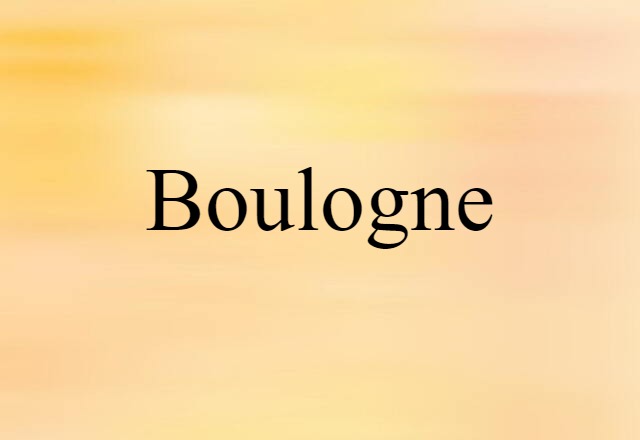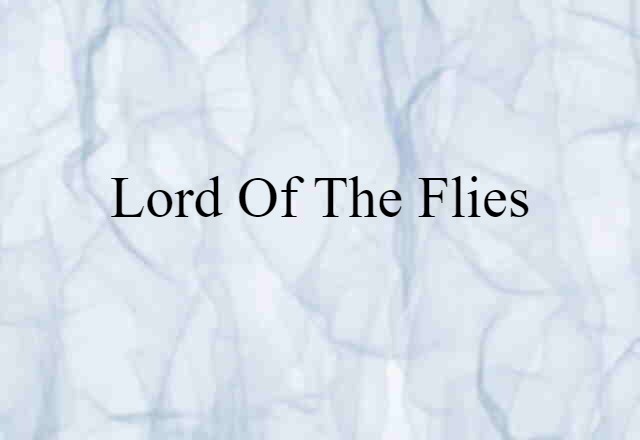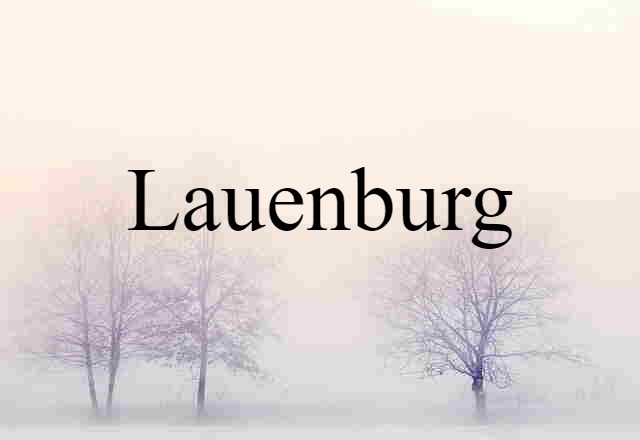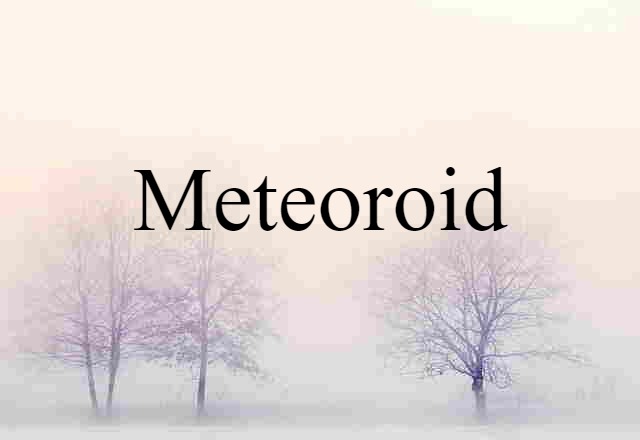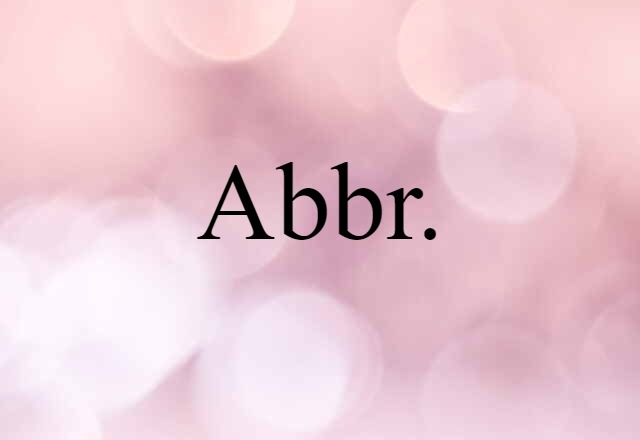- a theory that history is determined by immutable laws and not by human agency.
- a theory that all cultural phenomena are historically determined and that historians must study each period without imposing any personal or absolute value system.
- a profound or excessive respect for historical institutions, as laws or traditions.
- a search for laws of historical evolution that would explain and predict historical phenomena.
- the belief that natural laws govern historical events which in turn determine social and cultural phenomena
- the doctrine that each period of history has its own beliefs and values inapplicable to any other, so that nothing can be understood independently of its historical context
- the conduct of any enquiry in accordance with these views
- excessive emphasis on history, historicism, past styles, etc
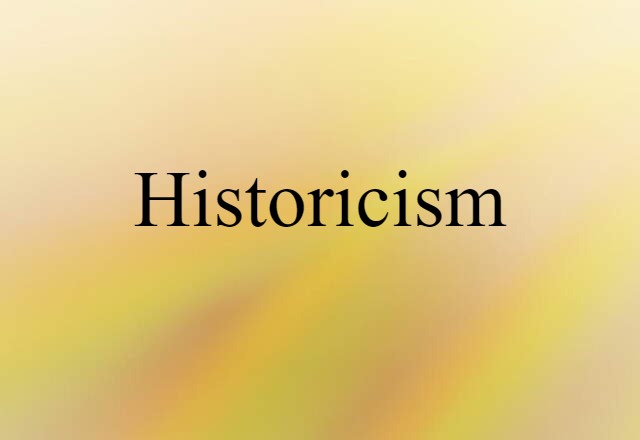
More Definitions
- MAGNETIC PARTICLE INSPECTION (noun) Definition, Meaning & Examples
- STARTERS (noun) Definition, Meaning & Examples
- TELEMARKETING (noun) Definition, Meaning & Examples
- BOULOGNE (noun) Definition, Meaning & Examples
- LORD OF THE FLIES (noun) Definition, Meaning & Examples
- BRACHIOCEPHALIC ARTERY (noun) Definition, Meaning & Examples



